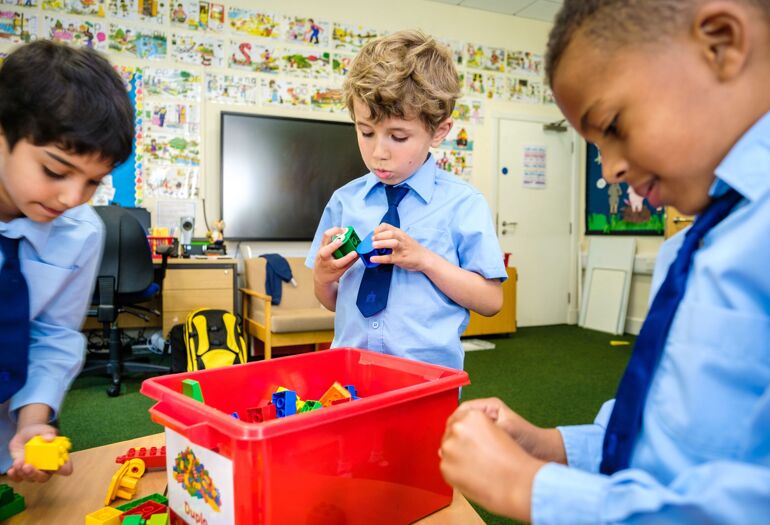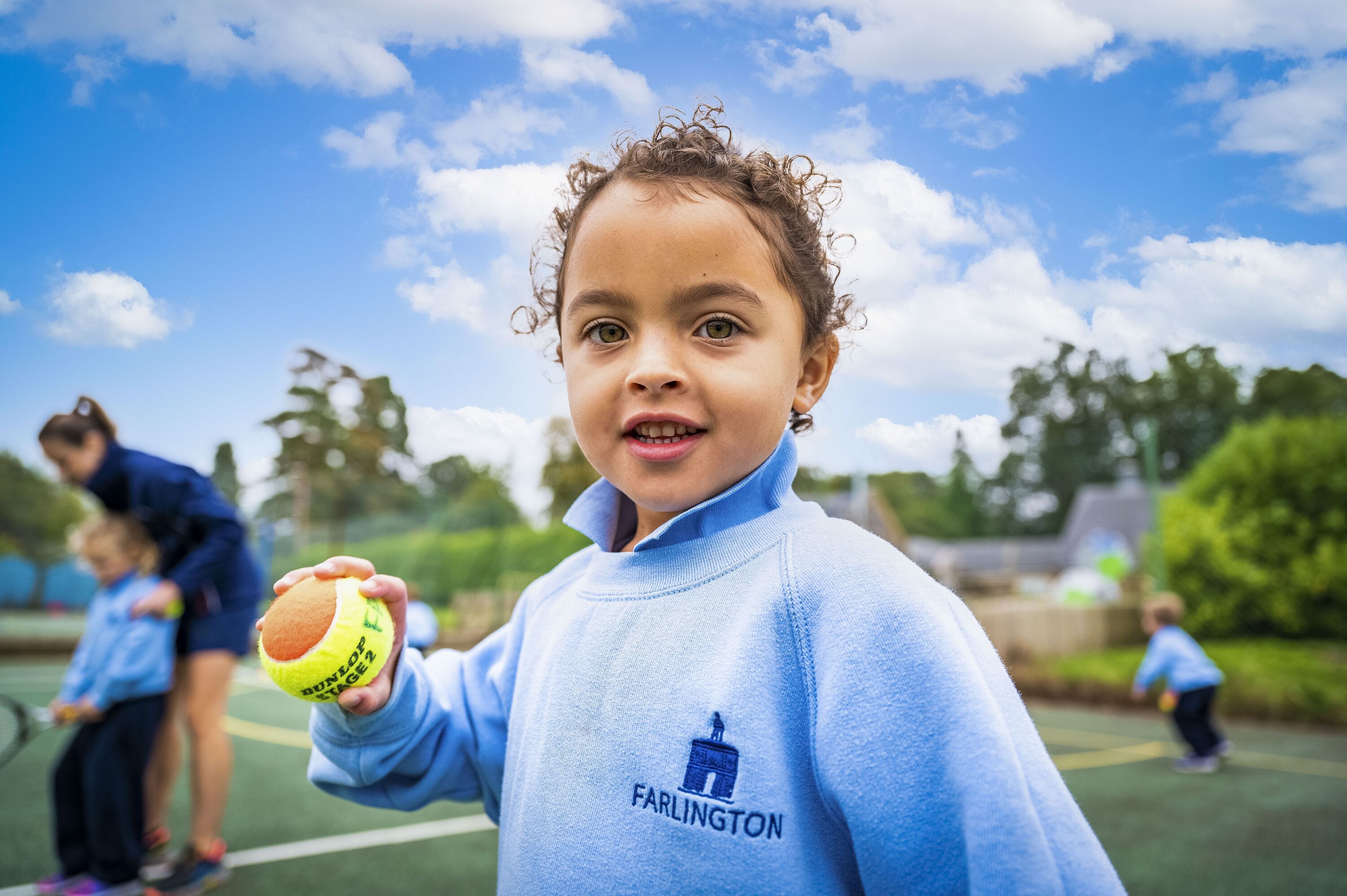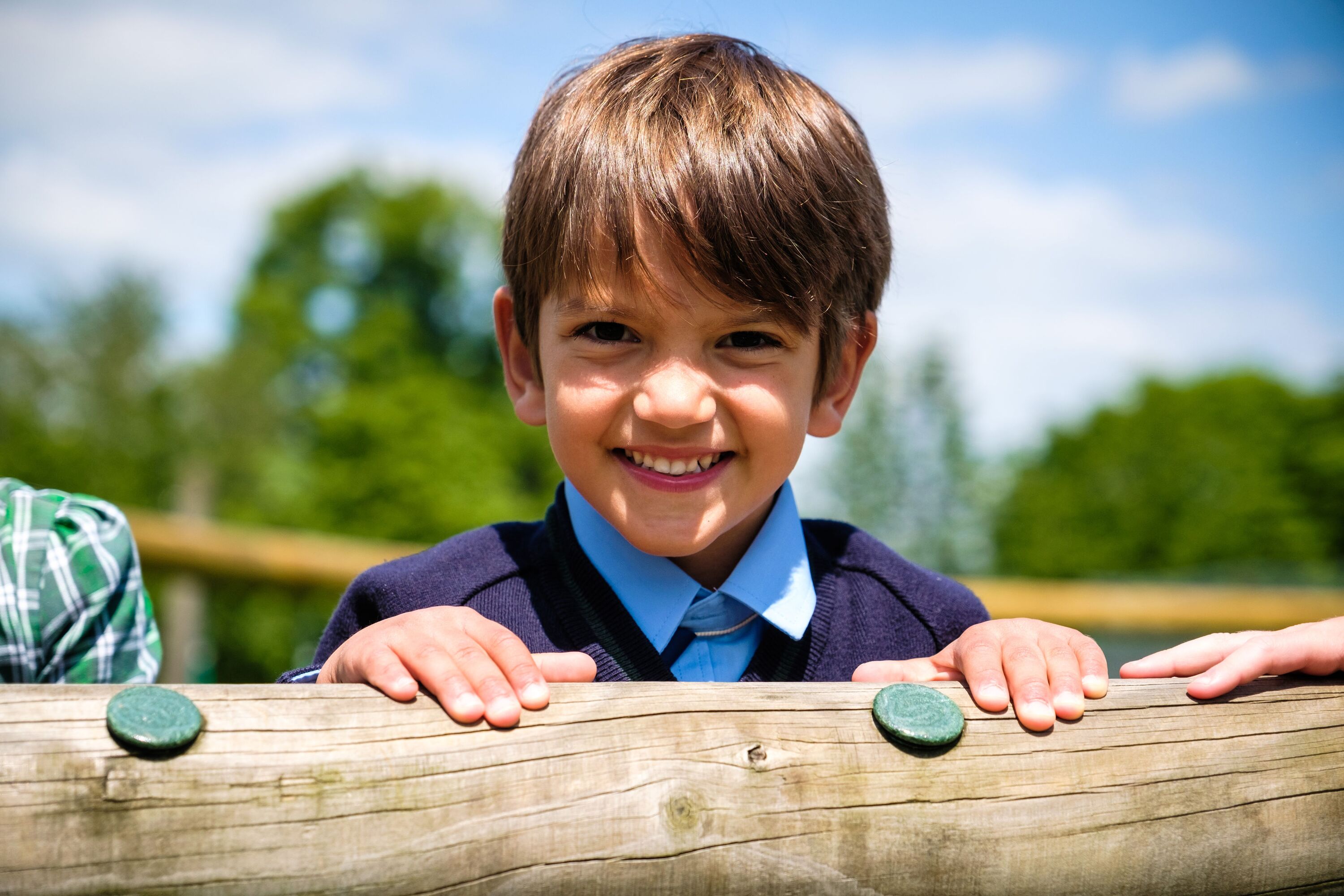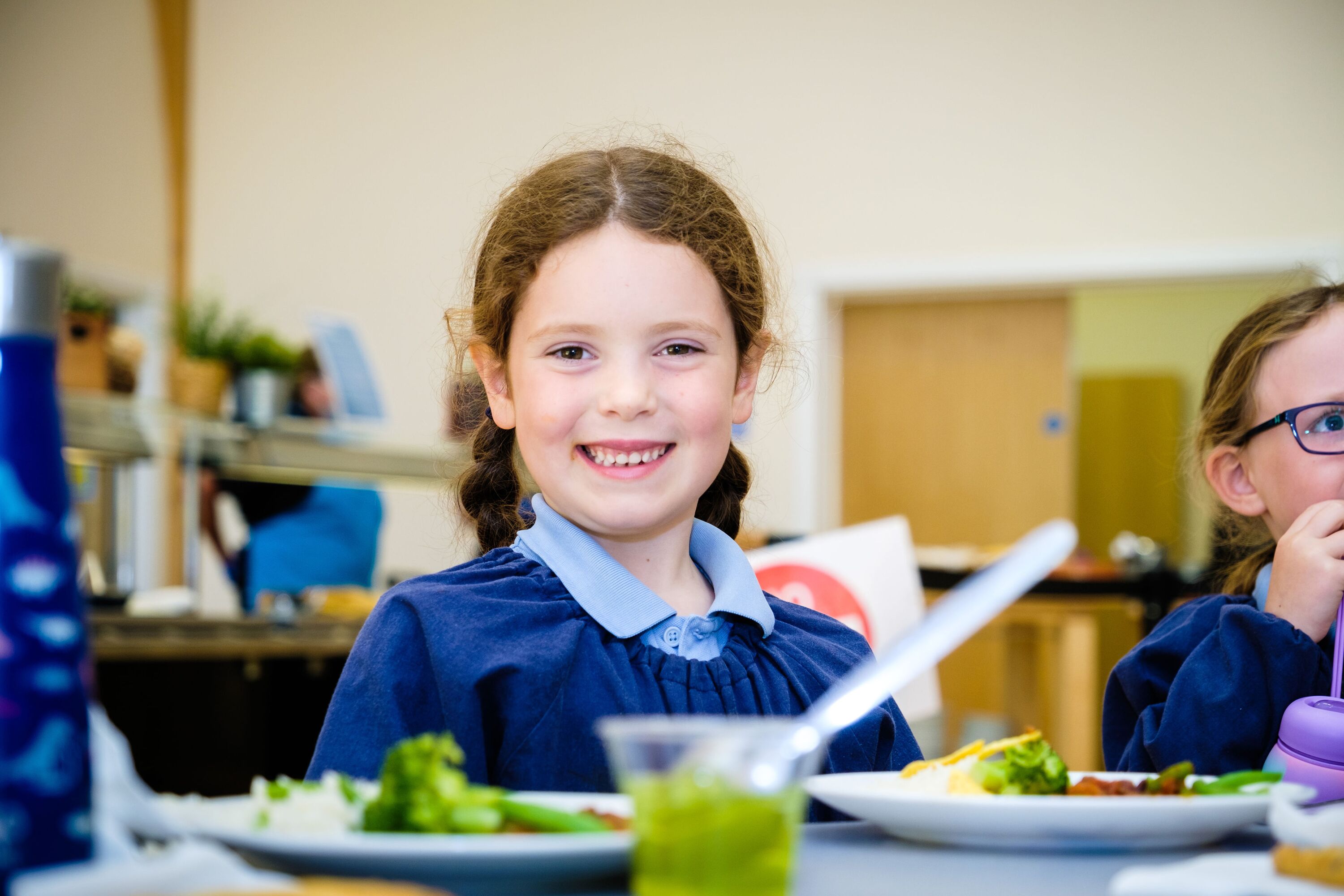- Home
- LATEST NEWS
- How Critical are the Early Years?
How Critical are the Early Years?
Back
The quality of a child's education undoubtedly has a lasting impact on the rest of their life. But how critical are their first three years at school?
A child's early years are the foundation for their future development, providing a strong base for lifelong learning abilities, including cognitive and social development. The quality of a child’s education in the first few years of life has a lasting effect on their school life and beyond.
Pivotal Age for Development
90% of a child's brain develops by age five. Research shows that the brain connections required for many important higher-level abilities are formed during this time. This scientific consensus is supported by a recent report from the Royal Foundation Centre for Early Childhood, led by the Princess of Wales, Kate Middleton, which considers it to be the most pivotal age for development, future health and happiness.
Many educators, including the early years specialists here at Farlington School, agree with this philosophy - and that Reception is the ideal time to start a challenging, accelerated curriculum. The reason being that younger minds learn much faster.
However, in the aforementioned report by the Royal Foundation Centre for Early Childhood, it was noted that there is a significant proportion of UK parents of a 0-5 year old (69%) who underestimate the critical importance of the early years.

Preparation for the Future
Positive experiences in your child's first three years of school can benefit them in developing social skills and improving their ability to learn, which will set them up for life. Research by Durham University and the Department for Education suggests pupils in the ‘most effective’ Reception classes can expect to earn between £2,000 and £7,500 more per year on average than their peers in less effective settings. This is why the school selection process is so important.
Child development is not an automatic process; it depends on each unique child being given opportunities to interact in positive relationships and enabling environments. Therefore it is paramount that all learning activities are carefully planned, well-structured and supported, within enabling environments, to ensure that all children have appropriate experiences. This will allow every child to move on from Reception with confidence, social awareness and a readiness for learning.

The Early Years at Farlington
At Farlington School, we have a carefully planned Early Years curriculum that is designed to encourage our children to take risks, lead, work collaboratively, develop their resilience, and prioritise happiness. Farlington children embrace our philosophy of ‘They can, if they try’, thus enabling them to become the best versions of themselves through a culture of growth mindset.
Our Head of Lower School, Mrs Ros Clayson, says,“Every child at Farlington deserves the best possible start in life, and the support that enables them to fulfil their potential. Children develop quickly in the early years, and a child’s experiences up to the age of 5 have a major impact on their future life chances. A secure, safe and happy childhood is important in its own right. We believe that high-quality early learning provides the foundation that Farlington pupils need to make the most of their abilities and talents.”

To find out more about Reception at Farlington School, reserve your place at our Reception Open Morning on Friday, 21st April 2023. You can find further information and book here.









